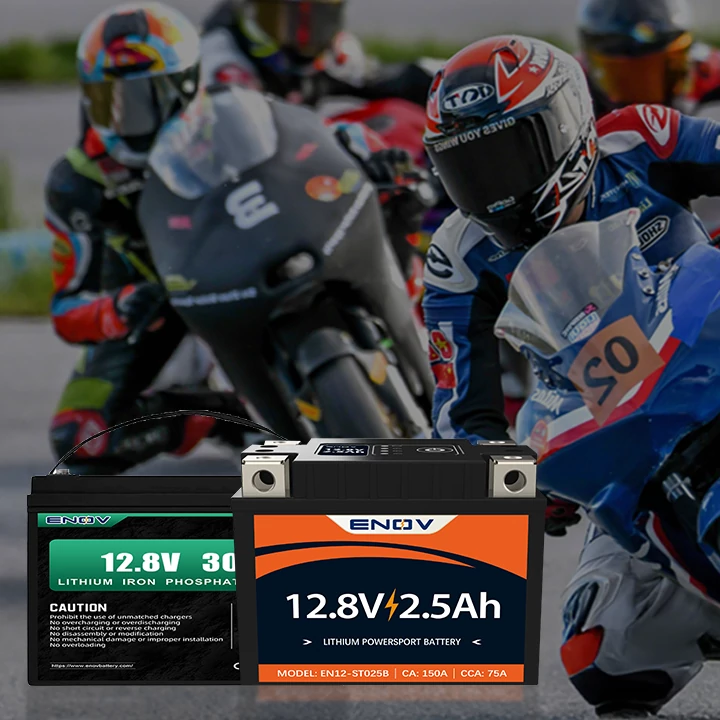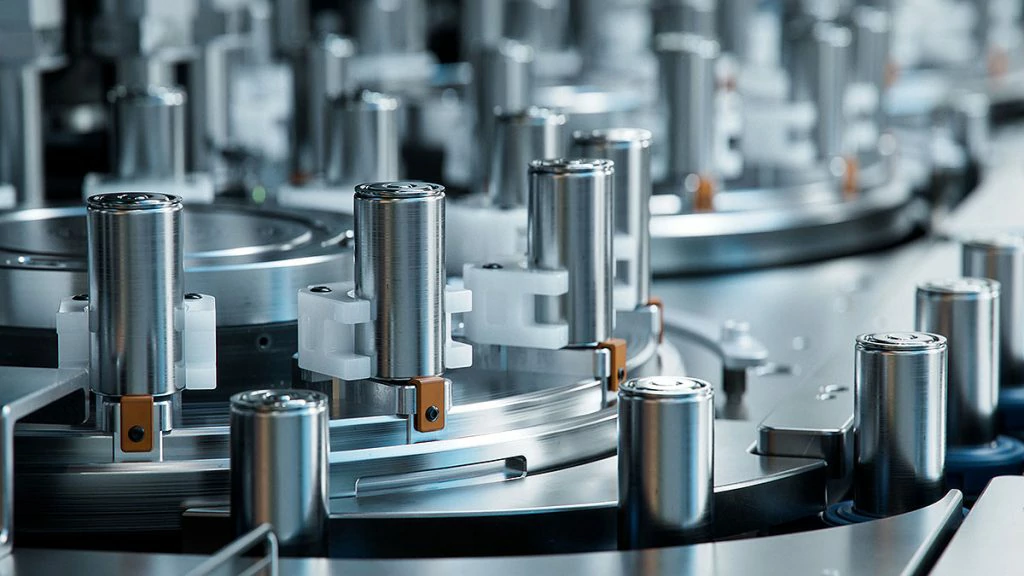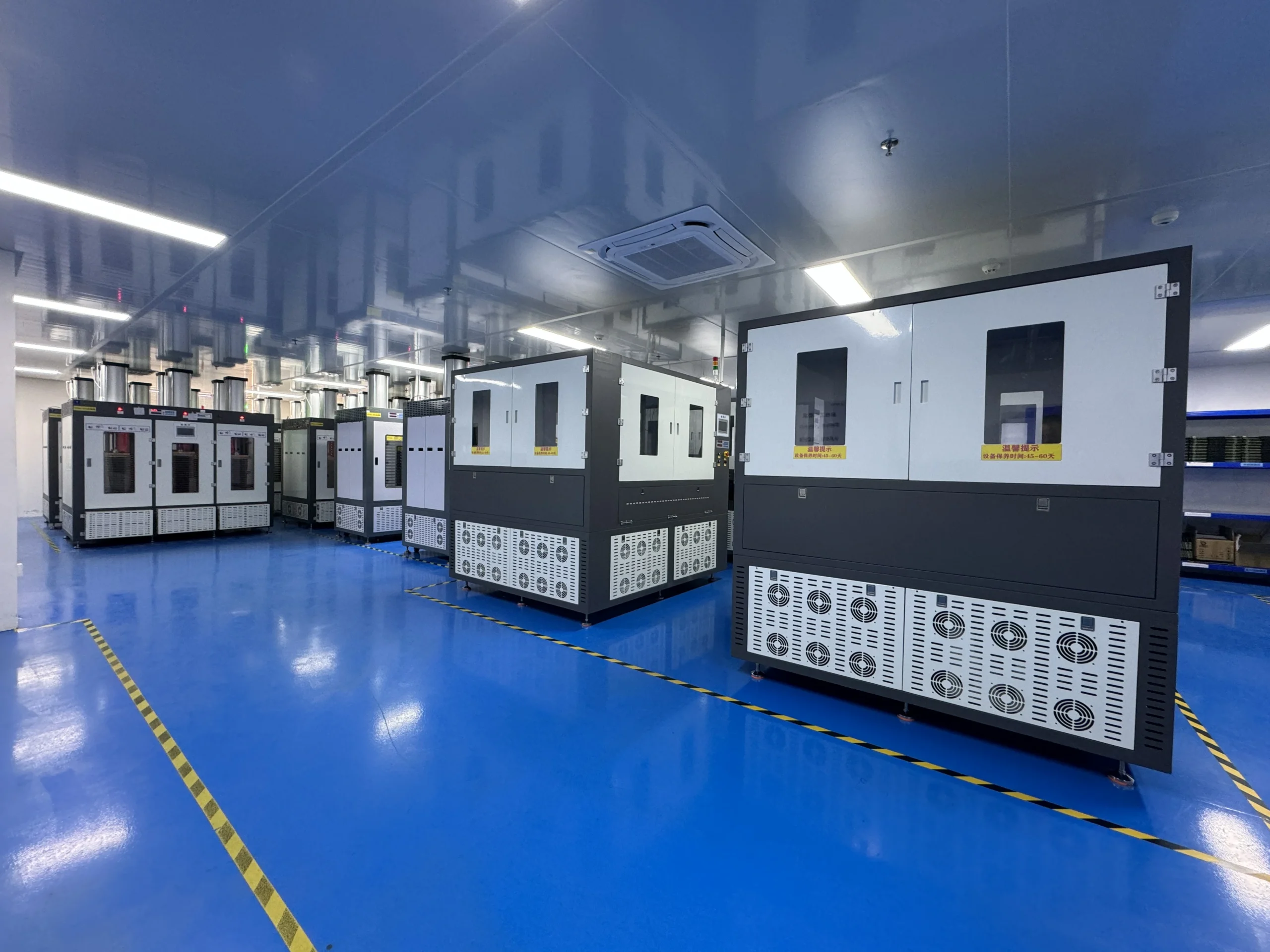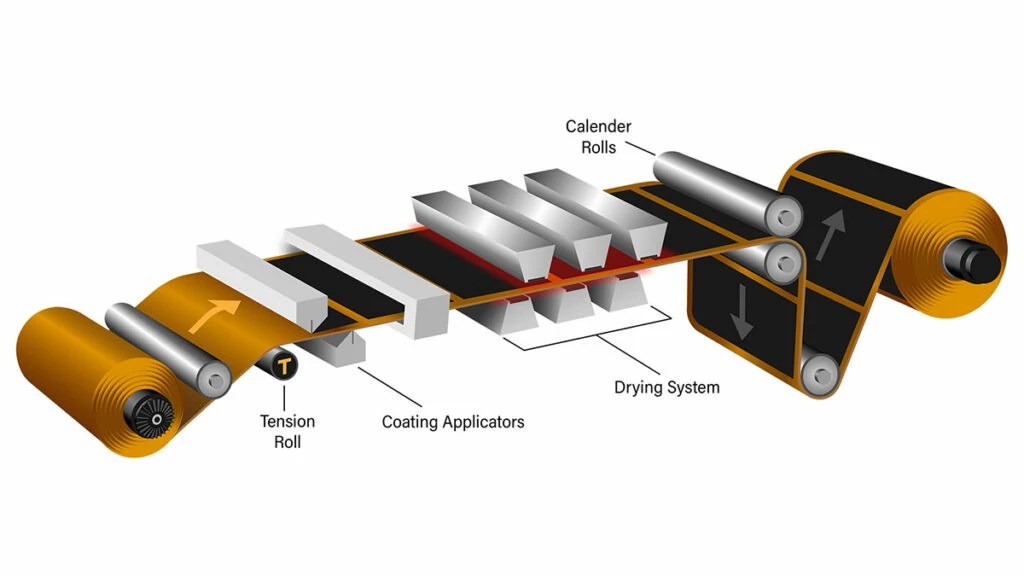Lithium Battery Electrode Drying Process Principles
main content
Lithium Battery Electrode Drying Process Principles: Eliminating Solvents, Enhancing Performance The lithium battery electrode drying process principles focus on transforming wet-coated electrodes into stable, high-performance components. This critical step removes solvents, optimizes microstructures, and prevents chemical degradation to ensure battery reliability. By balancing thermal precision and material science, modern drying techniques address both manufacturing efficiency and long-term electrochemical stability.
1. Solvent Removal and Microstructural Optimization
Freshly coated electrodes exist as wet slurries containing solvents and water. The drying process systematically eliminates these liquids through four stages:
Preheating Phase: Hot air (50–80°C) heats the electrode surface, initiating solvent vaporization. A gas-liquid interface forms, creating pathways for capillary-driven particle rearrangement.
Constant-Rate Drying: Over 70% of solvents evaporate here. Capillary forces compress active material particles, reducing porosity to <30%. This stage establishes the electrode’s conductive network, critical for minimizing internal resistance.
Falling-Rate Drying: Residual solvents migrate from the electrode core to the surface via diffusion. Temperature gradients (ΔT≈15–20°C/mm) develop, prompting binders like PVDF or SBR to redistribute and strengthen particle cohesion.
Stabilization Phase: Final moisture levels drop to 2000–3000ppm (cathodes) or ≤3000ppm (anodes). This ultra-dry state prevents dimensional instability during calendering and slitting, ensuring electrode uniformity (±2µm thickness tolerance).
2. Safety and Electrochemical Performance Enhancements
Incomplete drying risks catastrophic battery failures. Residual moisture reacts with electrolytes to produce hydrofluoric acid (HF), which corrodes electrode materials and degrades the SEI layer. Advanced drying protocols mitigate these risks through:
Vacuum-Assisted Drying (≤0.085MPa): Low-pressure environments lower solvent boiling points, accelerating removal without overheating heat-sensitive binders.
Nitrogen Atmosphere (Dew Point ≤–40°C): Inert gas purging eliminates oxygen, suppressing oxidative side reactions that impair cycle life.
For example, NMC cathodes dried under these conditions exhibit 30% lower self-discharge rates and retain 92% capacity after 1000 cycles—outperforming conventionally dried samples by 18%.
Why Precision Drying Defines Battery Quality
Optimized drying directly impacts end-product performance:
Safety Assurance: Moisture levels <3000ppm reduce HF generation by 95%, minimizing thermal runaway risks.
Energy Density: Tightly packed microstructures (porosity 25–28%) enable 10% higher active material loading.
Process Efficiency: Multi-zone infrared drying cuts cycle times by 40% compared to conventional ovens.
Emerging technologies like microwave-assisted drying and AI humidity control are set to revolutionize this field, achieving near-zero solvent residues while slashing energy consumption.

START-STOP LITHIUM battery
Enov start-stop battery is designed to provide excellent performance for high-demand start-stop vaehicles. It adopts the third-generation intelligent lithium platform architecture to achieve technological breakthroughs in core indicators such as cycle life, environmental adaptability and energy density. Compared with the traditional lead-acid battery system, the energy efficiency is increased by 210%, the cycle life is extended by 8-10 times, and the monthly self-discharge rate is controlled within 3%. Enov's unique low-temperature battery technology makes a breakthrough in achieving stable output in the whole climate domain from -30℃ to 65℃, maintaining more than 90% of the effective capacity release under extremely cold conditions (-30℃), and maintaining 90% of the capacity in high temperature environments (65℃).
The start-stop battery series products cover the mainstream voltage platform of 12V/24V/48V, and support flexible configuration of LFP (lithium iron phosphate) and NCM (lithium nickel cobalt manganese oxide) dual-material system. All models adopt modular design to support customization of different model specifications. Enuo engineering and technical team to provide full cycle technical service support, if you need, please contact us.
Other products
UAV BATTERY
LITHIUM ENERGY STORAGE BATTERY
QUICK INQUIRY
FAQ
Access to high frequency technical questions with one click, get accurate answers on product application, after-sales policy and customization process.
Service and Support
Get the latest product specifications, explore professional OEM/ODM customization services, click to open exclusive technical support and production solutions.
Become a Partner
We sincerely invite resources to interconnect, work together for win-win development, and immediately open a new chapter of strategic cooperation!




